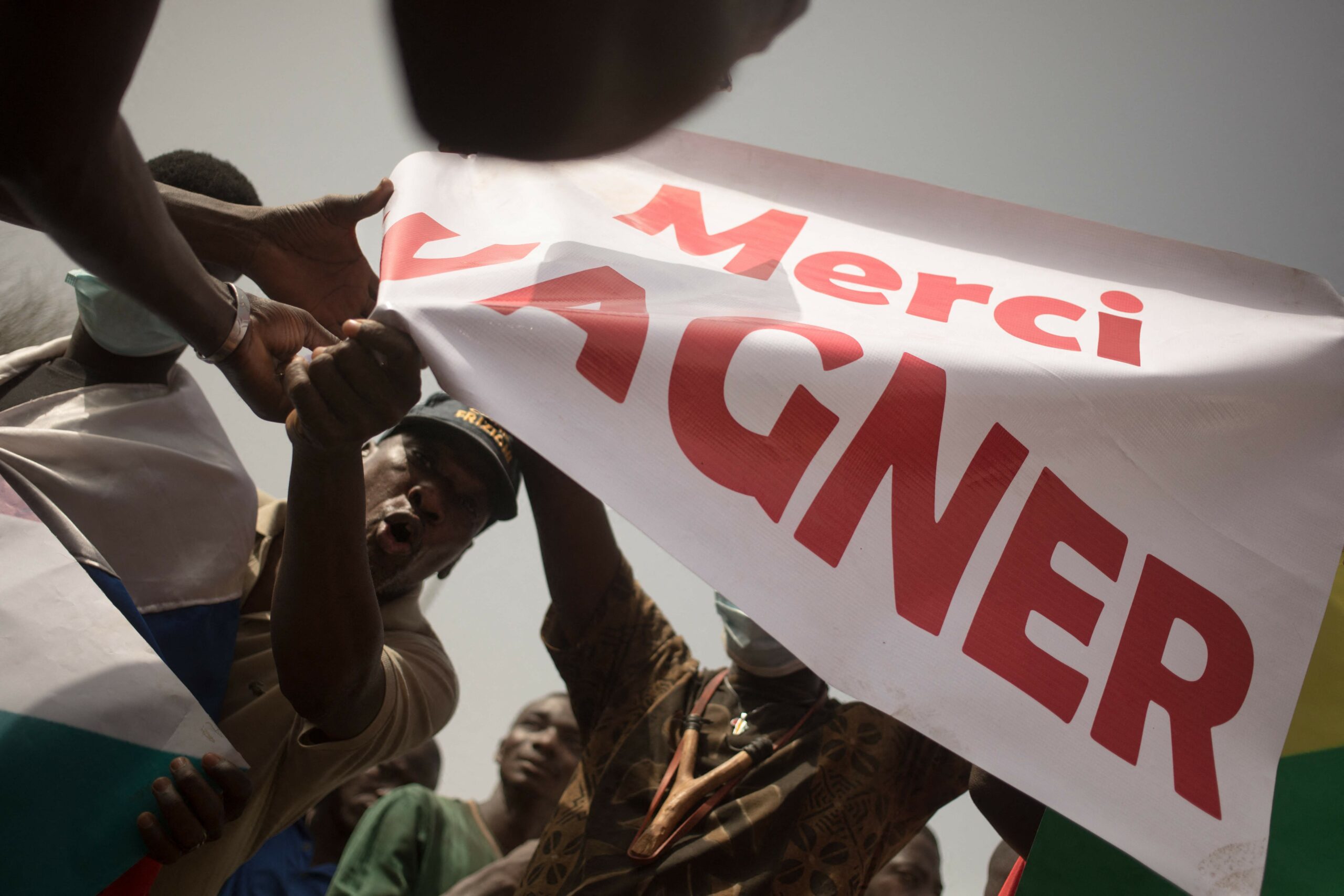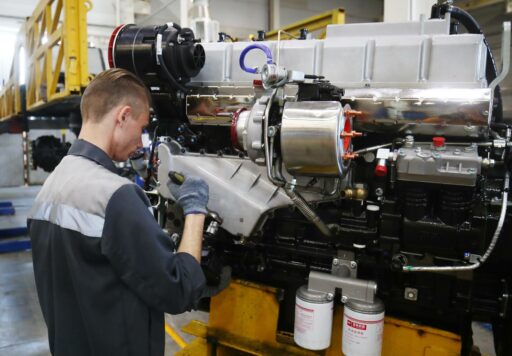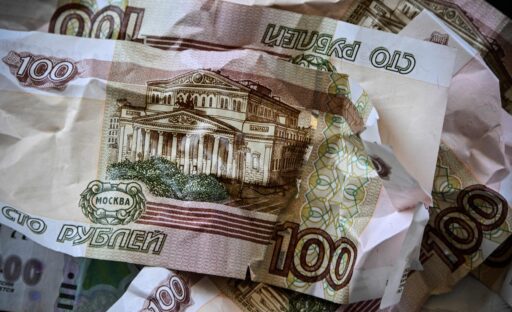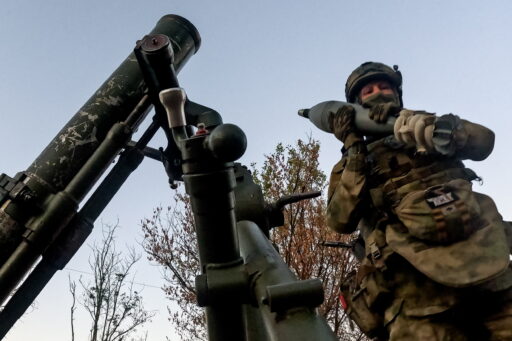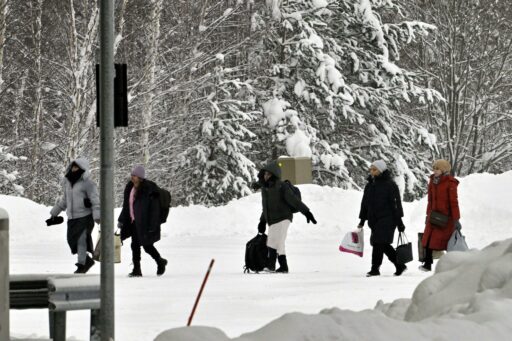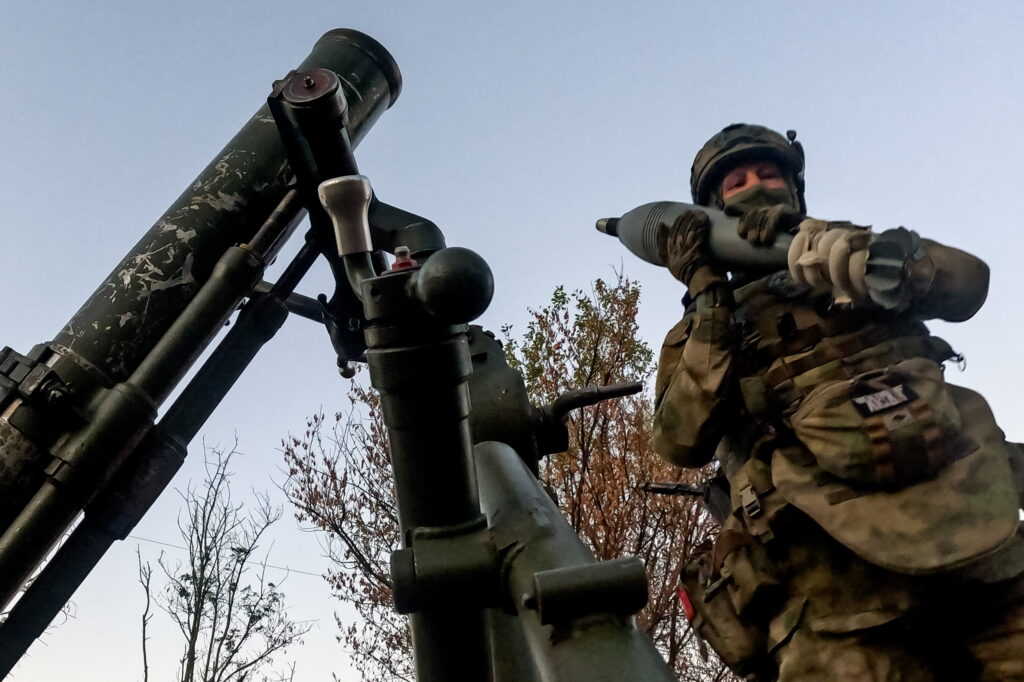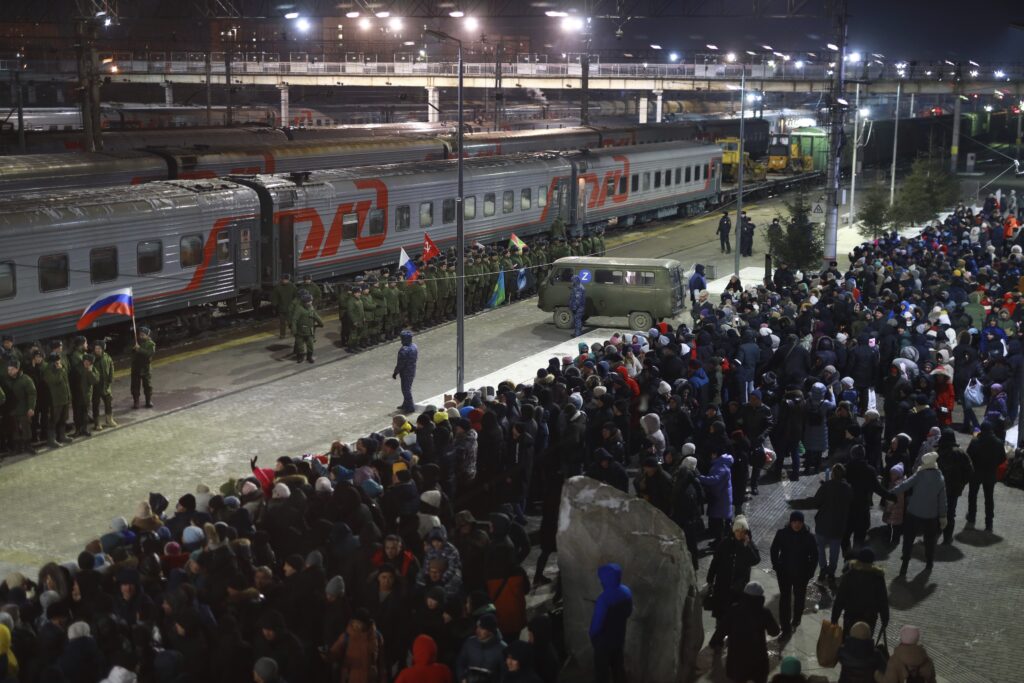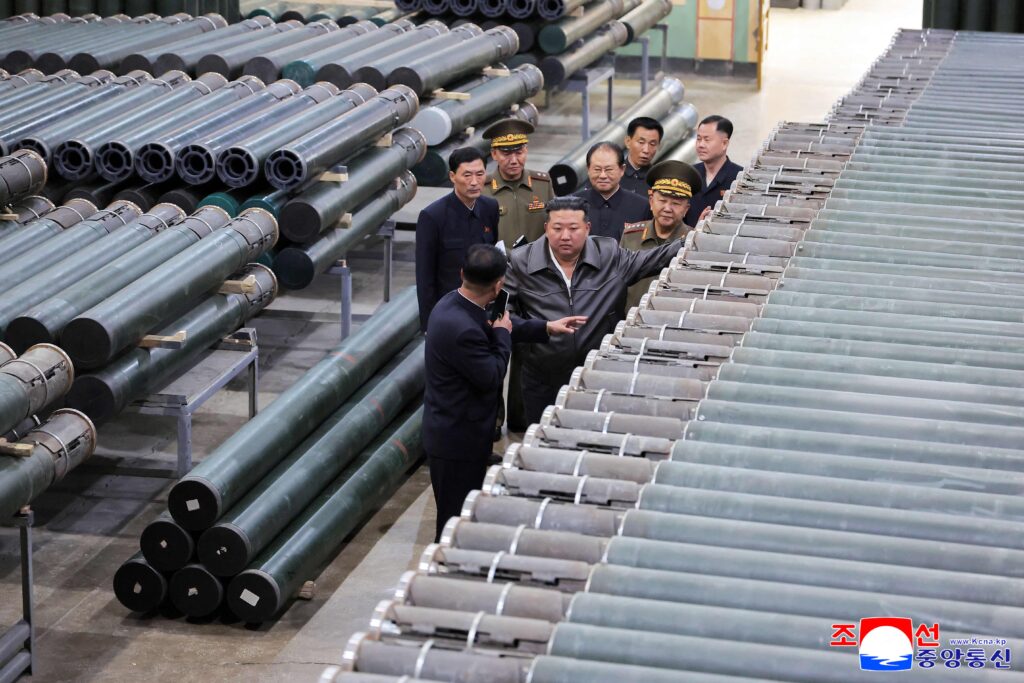When Wagner withdrew from Mali in June 2025, it marked not an end but a metamorphosis. Western observers had long speculated about the group’s demise following Yevgeny Prigozhin’s dramatic death in August 2023, but its African legacy outlived him. In reality, Wagner’s exit from Mali was the culmination of a strategic shift rather than a retreat. Russia’s presence in Africa did not fade—it was restructured, absorbed into the formal machinery of the state through the emergence of the Africa Corps.
This transition, though bureaucratic in form, has had profound geopolitical consequences. It has redrawn lines of influence and forced a reckoning with France, whose historical preeminence in the Sahel and Central Africa is under siege.
From Shadow to Structure: The Rise of the Africa Corps
The Africa Corps is more than Wagner in uniform. It marks a shift from informal militancy to institutional statecraft, a recalibration designed to make Russia’s African presence more durable. Now embedded within the Russian Ministry of Defense, the Corps directly reflects Kremlin interests. Unlike Wagner’s opaque operations, the Africa Corps operates with hierarchy and visibility. In March 2025, Russian officers paraded alongside Malian troops. Weeks later in Bangui, Central African ministers appeared flanked by Russian advisors on national television. These choreographed scenes formalized what was once unofficial.
Yet the underlying logic endures. Russia still trades protection for influence and security guarantees for privileged access to resources. In Mali, personnel escort gold convoys and protect junta leaders. In the Central African Republic, they oversee elite training while retaining ties to the diamond trade. In Sudan, intermediaries engage with rival factions. What has changed is not the deal itself but its presentation. Where Wagner relied on deniability, the Africa Corps acts as a declared state actor. In April 2025, Niger welcomed Russian instructors in a public ceremony—a gesture unthinkable under Wagner.
This shift signals more than a rebranding. By embedding personnel within African military structures, Moscow integrates itself into decision-making. Russian advisors now attend strategic meetings, guide procurement, and shape doctrine. Their presence no longer depends solely on political affinity but on institutional inertia. Once installed, their removal becomes both diplomatically and operationally challenging.
Visibility, however, brings exposure. In early 2025, after civilian casualties were reported during a joint operation near Mopti, the Malian government summoned the Russian ambassador. Without plausible deniability, Moscow must now absorb reputational costs directly.
The Africa Corps is not a rupture with Wagner’s model but its evolution. The tactics remain transactional, but the format has matured. Russia has adapted, favoring structured entrenchment over shadow networks. The result is a form of militarized diplomacy that is less covert yet more enduring.
Mali: A Strategic Pivot
Mali remains the clearest expression of Russia’s evolving strategy in Africa. After France’s withdrawal and the end of Operation Barkhane, Bamako faced a deep vacuum—military, political, and symbolic. Amid rising insecurity and declining Western support, the ruling junta turned deliberately to Moscow. Wagner quickly moved in, deploying operatives to protect infrastructure, train elite units, and assist in counterinsurgency efforts. From the outset, Malian officials framed this alignment not as interference but as a sovereign, pragmatic choice.
When the Africa Corps arrived in June 2025, it formalized an already entrenched relationship. Russian influence had permeated Mali’s security apparatus, making the transition largely symbolic. The Corps inherited Wagner’s role with added structure and uniforms, but the power dynamics remained intact. On the ground, outcomes remain mixed. The failed joint offensive in Anoumalane in June 2025 exposed tactical shortcomings. Malian officers report blurred command lines and special privileges granted to Russian advisors, raising concerns over national authority.
Discontent is growing beyond military circles. In regions like Sikasso and Gao, Russian-linked firms have secured key mining concessions. Local communities point to environmental harm, scarce job opportunities, and opaque agreements. Still, the junta seems willing to accept these costs. Russia offers more than firepower—it provides diplomatic cover. In early 2025, Moscow helped block a United Nations resolution on alleged abuses by Malian forces, reinforcing its image as a dependable ally. As a senior Malian diplomat told Jeune Afrique, «With the Russians, there are no lectures. There are just results.»
Ultimately, Mali’s pivot is less ideological than strategic. Environmental, institutional, and reputational costs are real but deemed acceptable. What Russia delivers—military strength, international protection, and discretion—is precisely what France no longer can. That combination, opaque yet effective, underpins the current alliance.
The Central African Republic: A Dual Power System
In the Central African Republic, Wagner’s role was not just visible but foundational. More than anywhere else in Africa, the group became a pillar of regime security, training the presidential guard, advising top officials, and managing diamond mining in the east. When the Africa Corps emerged as its institutional successor, the transition proved tense.
President Faustin-Archange Touadéra’s government initially resisted. Replacing Wagner’s flexible and familiar setup with a formal Russian force raised fears of reduced control. Talks reportedly centered on compensation. Instead of cash, Bangui pressed for resource-based arrangements. Moscow ultimately agreed to a hybrid model: Wagner-linked firms like Lobaye Invest—a mining company registered in the Central African Republic but widely reported to be affiliated with Wagner and used as a vehicle for resource extraction—stayed in place, while Africa Corps officers were gradually integrated into the existing security structure.
This arrangement blurs authority. Officially, the Africa Corps reports to Moscow and follows protocol. In practice, Wagner-linked operatives still run checkpoints, direct security operations, and oversee mining. For most citizens, the difference is immaterial—both actors operate opaquely and symbolize foreign power in areas where the state often recedes.
Human rights violations persist. Journalists, civil society groups, and political opponents face ongoing intimidation. Still, Moscow’s grip holds. In 2024, Bangui awarded a 25-year concession over the Ndassima gold mine, valued at more than $ 2.3 billion, to a Russian firm. The agreement cemented Russia’s dual role as both protector and partner. In return, Russian advisors pledged electoral and military support ahead of key political milestones.
As elsewhere in Africa, Russia’s strategy in the CAR favors entanglement over stability. By preserving both formal deployments and informal networks, it ensures that any pivot away from Moscow would come at a high cost. For Touadéra’s regime, the ambiguity offers tactical leeway. But it also anchors national sovereignty to a foreign actor now entrenched in the machinery of state power.
Niger: Uranium and Uncertainty
The 2023 coup in Niger triggered a rapid geopolitical shift. Within months, French troops were expelled, and U.S. operations curtailed, creating a vacuum quickly filled by Moscow. In 2024, Russian advisors arrived under the Africa Corps banner, officially for counterterrorism support. Their deployment coincided with discreet visits by Rosatom officials to Arlit, the site of one of Africa’s largest uranium reserves.
Long dominated by France’s Orano, Niger’s uranium sector has become a key front in the strategic rivalry with Russia. According to Africa Intelligence, Russian negotiators offered infrastructure upgrades, training, and nuclear technology transfers in exchange for long-term export contracts. In early 2025, as part of deepening nuclear cooperation, Russian negotiators reportedly secured long-term access to Niger’s uranium resources. The memorandum includes preferential supply terms and discussions around broader atomic infrastructure—signaling Moscow’s intent to lock in strategic uranium flows amid France’s retreat.
A 2025 Pew Research Center survey found that 47% of Nigeriens expressed confidence in Vladimir Putin to do the right thing in world affairs, while 45% had no confidence—underscoring a divided but relatively receptive perception of Russian influence. Civil society groups, notably student unions and environmental activists, have warned that opaque deals could reproduce the very dependencies the junta claims to resist.
The regime presents its pivot as strategic diversification. By courting Moscow while sidelining traditional partners, Niger’s military rulers seek to reassert geopolitical autonomy. Yet the contours of this alliance raise familiar concerns around opacity, dependency, and control. The Africa Corps may display official emblems and the language of mutual respect, but its grip on defense, mining, and energy reveals a deeper consolidation.
Unlike Mali or the Central African Republic, Niger’s shift is less about regime survival than resource leverage. It stems not from a security vacuum but from uranium’s strategic weight and the will to balance rival powers. In this sense, Niger acts more as a pivot than a client. Yet even pivot states face limits. If Moscow’s presence continues unchecked, Niamey may trade one tutelage for another—sovereignty in name, dependence in practice.
The French Dilemma
For France, this reconfiguration has been devastating. Once the uncontested security partner in Francophone Africa, Paris now finds itself isolated, distrusted, and at times reviled. The shift from Wagner to the Africa Corps stripped France of its central critique: that Russia operated as a rogue actor outside the bounds of international norms. Now, Russia projects a form of state-sanctioned legitimacy that Paris struggles to counter.
French diplomats admit as much. A senior official at the Quai d’Orsay recently told Le Monde, «We are no longer facing ghosts; we are facing institutions.» Military figures echo this sentiment. General François Lecointre has warned that the rising influence of Russia in the Sahel makes a cohesive European strategy indispensable. Yet despite this growing awareness, Paris remains cautious. While France has a handful of private security and defense companies (Entreprises de Services de Sécurité et de Défense, or ESSD), these are civilian contractors bound by strict national and international law. Unlike Wagner, they cannot serve as offensive, lethal extensions of state policy, let alone deploy armed personnel abroad under plausible deniability.
Paris has pushed for an EU-wide response, but the lack of unity and strategic boldness within the EU further constrains France’s margin of maneuver. In October 2024, the European External Action Service unveiled a new mechanism for countering foreign influence operations, aimed partly at Russia’s media and NGO networks in Africa. Yet the policy lag remains stark. Economic tools have also proved blunt. French development aid to Mali and Burkina Faso has been suspended or reduced, but alternative funding streams from Russia and China have filled the gap. Meanwhile, France’s soft power, once anchored in cultural diplomacy and education, struggles to compete with the immediacy of Russian security promises.
If France still claims a role in Africa, it must articulate not only what it opposes but what it offers. Until then, strategic ambiguity may offer room for recalibration but little space for leadership.
Narratives and Perceptions
Public sentiment in the Sahel has undergone a marked shift. Russian flags now appear spontaneously in protests from Ouagadougou to Niamey—not as staged symbols but as organic signs of allegiance. This embrace reflects deeper currents, shaped not only by new military alliances but also by an online flood of pro-Russian narratives. On Telegram and YouTube, influencers often backed by Moscow amplify messages of Western betrayal and Russian solidarity. These stories tap into long-standing grievances, blending anti-colonial rhetoric with calls for dignity and sovereignty.
In Mali, a 2023 survey by the Friedrich Ebert Foundation found that over 60% of urban youth saw Russia as the country’s «most reliable partner.» Similar numbers surface in Burkina Faso. This shift is no accident. It stems from targeted influence campaigns—driven by information operations, media saturation, and state-endorsed messaging. In many cases, local media ecosystems have been reshaped to align with these narratives, leaving little space for dissent.
France, by contrast, has struggled to keep pace. Cultural centers have closed, not as part of a coherent policy but due to successive budget cuts and institutional fatigue. Language programs, once pillars of soft power, have quietly collapsed. In effect, this amounts to a policy of disengagement—if not by intent, then by inertia. The machinery remains, but the political will is diluted. Communication is mostly reactive, crafted in response to crises rather than shaped by a long-term vision. In this arena, Russia’s speed and cohesion consistently outmatch France’s caution. While Paris deliberates, Moscow occupies the space.
This signals more than a geopolitical loss. France’s symbolic capital is eroding. Where it once relied on history and cultural affinity, it now faces a generation shaped more by digital storytelling than shared memory. Moscow has seized the narrative, casting itself as a force of emancipation—while France risks being seen as the echo of a fading empire.
Contracts, Commodities, and Control
At the heart of Moscow’s strategy lies an integrated system of extraction and control. In the Central African Republic, Russian-linked firms have deepened their grip on the diamond trade, contributing to over $ 2.5 billion in revenue from African gold and precious minerals since the start of the war in Ukraine. In Mali, gold concessions once granted to Wagner-linked firms like Evro Polis and M Invest have been quietly renewed under the Africa Corps. The actors have changed uniforms, but not direction.
In Niger, a shift from France’s Orano to Rosatom could reshape national revenue and the global uranium market. If finalized, current deals would give Russia control over up to 20 percent of Africa’s uranium by 2026, boosting its energy leverage.
These deals go beyond economics. By anchoring military presence in resource flows, Moscow builds insulation against diplomatic pushback. For African regimes, the equation promises more than profit; it offers security, legitimacy, and bargaining power.
Yet the model is fragile. Linking military aid to extraction exposes Russia to commodity shocks, governance failures, and unrest. The Africa Corps’ visibility also invites political backlash. What once relied on deniable actors now brings direct liability. The strategy’s success will depend less on Moscow’s assertiveness than on the endurance of its partners and the continuity of what they can deliver.
A Multipolar Reckoning
Russia’s shift from Wagner to the Africa Corps has been more than cosmetic. It marks a transition from ambiguity to architecture, from mercenarism to militarized diplomacy. In doing so, it has reshaped the strategic landscape in West and Central Africa.
For France, the implications are stark. Traditional levers such as military cooperation, development aid, and cultural soft power no longer suffice. The competition is not about presence but relevance. To reclaim influence, Paris must listen, adapt, and engage—not with nostalgia but with strategic humility. Whether it truly wants to do so, however, remains uncertain. So far, the will to change has been more rhetorical than real.
Russia offers a pragmatic model built on regime protection, resource access, and diplomatic insulation. It seeks influence not through values but through leverage, often secured by deniable force and transactional deals. For some African regimes, this approach delivers fast returns with limited scrutiny.
France, by contrast, invokes shared history and normative commitments but often acts through outdated frameworks and asymmetrical partnerships. To remain relevant, Paris must shift from declarative politics to embedded action. This means co-designing infrastructure and education programs, offering transparent security cooperation, and rebuilding trust through reciprocal and durable engagement.
Influence will not be regained through narratives alone but by making alternatives viable on African terms. Africa is no longer a stage for inherited alliances. It is a contested field of futures. The question is not who holds more sway but who understands what African sovereignty truly demands.
